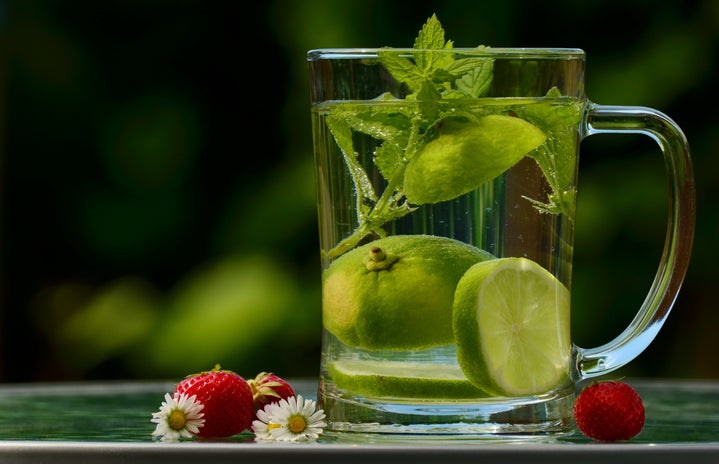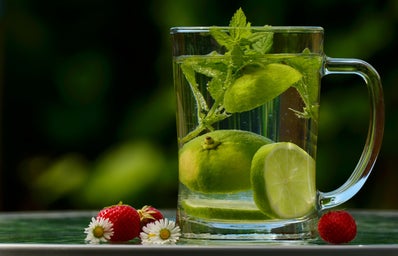Like many health food trends that pop up in the mainstream, Kombucha is confusing. I, a relatively new member of the bucha bandwagon, am here with some answers.
What is it?
In short, kombucha is fermented tea. SCOBY (symbiotic culture of bacteria and yeast) interacts with sweetened tea and creates fizziness. When you give the ingredients a lot of thought, it can be a little much. I promise it does not feel like drinking bacteria, whatever that would mean.
Where did it come from?
Kombucha originates from Northeast China and has been around since 220 B.C. This special drink was part of trade with Europe in the 20th century, and has its own names in Russia and Germany. Kombucha experienced an uptick in popularity in the U.S. in the 1990s with an emphasis on drinking it as a health practice, and is currently making another appearance with our nation’s health-conscious wave.
How do I make it?
It involves a culture of bacteria and yeast, a sweetened tea mixture, and a whole lot of patience. After letting your mixture sit for 1-3 weeks at room temperature, and another 1-2 weeks bottled, you refrigerate it. While I have never made my own kombucha, there are plenty of recipes across the internet. If you’re not so down for a science experiment, plenty of stores and restaurants sell their own already made and bottled.
What does it do?
As a fermented drink, kombucha helps digestion and encourages friendly bacteria in the gut. It has been labelled an immune-booster, said to be full of antioxidants, and helpful for regulating blood sugar. Lack of specific research conclusions have allowed for claims of kombucha ameliorating ailments from arthritis to Crohn’s disease. In less scientific terms, it makes you feel good.
*Tip: Kombucha = the ultimate hangover cure.
What does it taste like?
There are plenty of different flavors of kombucha. Flavors usually involve some kind of fruit or fruit juice, and herbs. My favorites have been Satsuma from Big Easy Bucha and Spicy Pear from Bearcat Cafe.
Read More:
http://www.healthyway.com/content/ways-your-love-of-kombucha-is-benefitting-your-health

